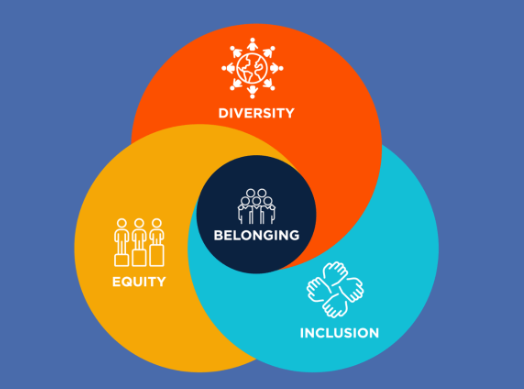It Takes a Village to Reduce Recidivism: Examing Ex-Offenders DEI & Belonging in Higher Education
Location
Miniaci Theater
Start Date
15-3-2023 3:10 PM
End Date
15-3-2023 4:05 PM
Description
Objective #1: Highlight the benefits of DEI and belonging in Higher Education for previously incarcerated individuals:
- Introduce Case study- Michelle Jones and Harvard university: From Prison to Ph.D.
- Counterfactual thinking is a concept that involves the human tendency to create alternatives to life events that have already occurred; something that is contrary to what happened. “If she hadn’t committed the crime would be a sure candidate.”
- Linking Recidivism to the lack of education: 48% of incarcerated people who participate in higher education opportunities are less likely to recidivate than those who do not.
Objective #2: Present Research and Theories of Recidivism to advance the normalcy of DEI& B for ex-offenders in Higher Education settings:
- Labeling Theory- Marxists effectively developed labelling theory so it would recognize the social and political structures in which labels are created and adhered to classify people.
- General Systems Theory (GST)- It is argued that general systems theory (GST) reveals important insights into criminal justice structures and functions. Specifically, it is argued that the criminal justice system processes “cases” rather than people. There are four basic elements to the systems model: output, process, input, and feedback.
- Goffman’s Stigma Theory (GST)- A Canadian sociologist Erving Goffman, the term 'stigma' describes the 'situation of the individual who is disqualified from full social acceptance'.
Objective #3: Interactive discussion activity: Hearing from the village Gathering solutions to DEI&B in Higher Ed. Split audience into 4 groups using the Random Sampling method to advise the previously incarcerated individual looking to pursue higher education.
- Understanding social cubism- examining 6 sides of the issue to find a resolution. (Example: I am Financial Support: I have a Pell Grant available starting July 1, 2023)
- University Support
- Community Support
- State Support
- Federal Support.
Presentation Type
Presentation
It Takes a Village to Reduce Recidivism: Examing Ex-Offenders DEI & Belonging in Higher Education
Miniaci Theater
Objective #1: Highlight the benefits of DEI and belonging in Higher Education for previously incarcerated individuals:
- Introduce Case study- Michelle Jones and Harvard university: From Prison to Ph.D.
- Counterfactual thinking is a concept that involves the human tendency to create alternatives to life events that have already occurred; something that is contrary to what happened. “If she hadn’t committed the crime would be a sure candidate.”
- Linking Recidivism to the lack of education: 48% of incarcerated people who participate in higher education opportunities are less likely to recidivate than those who do not.
Objective #2: Present Research and Theories of Recidivism to advance the normalcy of DEI& B for ex-offenders in Higher Education settings:
- Labeling Theory- Marxists effectively developed labelling theory so it would recognize the social and political structures in which labels are created and adhered to classify people.
- General Systems Theory (GST)- It is argued that general systems theory (GST) reveals important insights into criminal justice structures and functions. Specifically, it is argued that the criminal justice system processes “cases” rather than people. There are four basic elements to the systems model: output, process, input, and feedback.
- Goffman’s Stigma Theory (GST)- A Canadian sociologist Erving Goffman, the term 'stigma' describes the 'situation of the individual who is disqualified from full social acceptance'.
Objective #3: Interactive discussion activity: Hearing from the village Gathering solutions to DEI&B in Higher Ed. Split audience into 4 groups using the Random Sampling method to advise the previously incarcerated individual looking to pursue higher education.
- Understanding social cubism- examining 6 sides of the issue to find a resolution. (Example: I am Financial Support: I have a Pell Grant available starting July 1, 2023)
- University Support
- Community Support
- State Support
- Federal Support.


